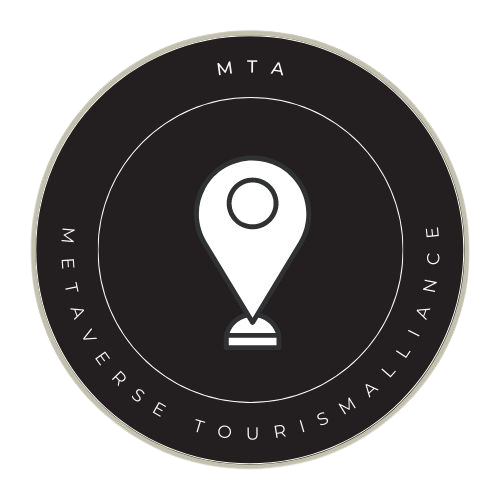From 2012 – 2017 I was heavily involved in marketing the Camino de Santiago, an ancient pilgrimage that crosses many of our favourite European destinations. From the mountains of Galicia in Northern Spain to the wind swept coast of Portugal, it was a dream to promote these amazing places to eagerly awaiting tourists.
However, the main channels of digital marketing were SEO and adwords which was convenient but limiting. Now, using the Metaverse and gamification a whole new world of marketing has opened up for the tourist industry. Imagine a try before you buy experience where you collect stamps along a virtual route. Yes please!
In the ever-evolving landscape of digital innovation, the metaverse has the potential to redefine destination marketing and transform the way we explore the world. As the boundaries between physical and virtual realities blur, the metaverse opens new doors for marketers to captivate audiences, showcase destinations, and immerse travelers in unparalleled experiences.
Virtual Voyages
Imagine strolling through the historic streets of Rome, gazing at the Colosseum bathed in the warm glow of sunset, all from the comfort of your living room. The metaverse brings these ideas to life, offering virtual voyages that transcend geographical constraints. Destination marketers can craft immersive virtual tours that transport users to iconic landmarks, allowing them to explore and connect with the soul of a destination before even setting foot on its soil.
Creating Interactive Narratives
The metaverse isn’t just about visual spectacles; it’s about engagement. Marketers can weave interactive narratives, leveraging virtual reality, augmented reality, and mixed reality experiences. Users can don VR headsets to snorkel in the Great Barrier Reef, hike through Amazon rainforests, or even witness the Northern Lights in a breathtaking simulation. These experiences go beyond traditional storytelling, forging a deep emotional connection that sparks wanderlust and fuels the desire to experience the real thing.
Destinations are no longer confined by physical borders or constraints. The metaverse offers a global hub where people from diverse backgrounds converge. Virtual events and conferences can be used to showcase a destination’s cultural richness, business potential, and tourism offerings. Attendees can network, attend virtual trade shows, and participate in discussions without the need for physical presence, opening up new avenues for destination marketing on a global scale.
Digital Collaborations
In this digital realm, even influencers take on a new form – avatars navigating the metaverse to explore destinations and share their experiences. Collaborations with virtual influencers create innovative marketing strategies that resonate with tech-savvy audiences. These avatars engage in virtual adventures, offering a fresh perspective on travel and introducing destinations to a digitally connected generation.
Here are just a few ideas for marketers to get your mind wandering in the virtual world:
- Virtual Tours and Experiences: Destination marketers can create immersive virtual tours of popular attractions, landmarks, and natural wonders within a destination. This allows potential tourists to explore and experience a location virtually, providing a taste of what they can expect in person.
- Interactive Content: Marketers can develop interactive content within the metaverse that engages users in a more personalized and dynamic way. This might include virtual reality (VR) experiences, 360-degree videos, or augmented reality (AR) applications that offer users a unique and interactive perspective on a destination.
- Virtual Events and Conferences: Destinations can host virtual events or conferences within the metaverse, attracting a global audience without the need for physical travel. This can include tourism fairs, cultural events, or business conferences that showcase the destination’s offerings.
- Community Engagement: The metaverse provides an opportunity for destination marketers to build online communities where travelers can connect, share experiences, and gather information. This sense of community can contribute to the overall promotion and positive perception of a destination.
- Digital Collaboration with Influencers: Destination marketing in the metaverse can involve collaborations with virtual influencers or digital avatars who explore and showcase various aspects of a destination. This can be an innovative way to reach a tech-savvy audience and generate interest in a location.
- Blockchain for Authenticity: Implementing blockchain technology in the metaverse can help ensure the authenticity of travel-related information, such as reviews, ratings, and bookings. This can enhance trust and transparency in destination marketing efforts.
- E-Commerce and Virtual Shopping: Integrating e-commerce functionalities within the metaverse can allow users to virtually shop for travel-related products, souvenirs, or even plan and book their trips seamlessly.
Join us today to collaborate, explore and discover new opportunities in virtual environments.

